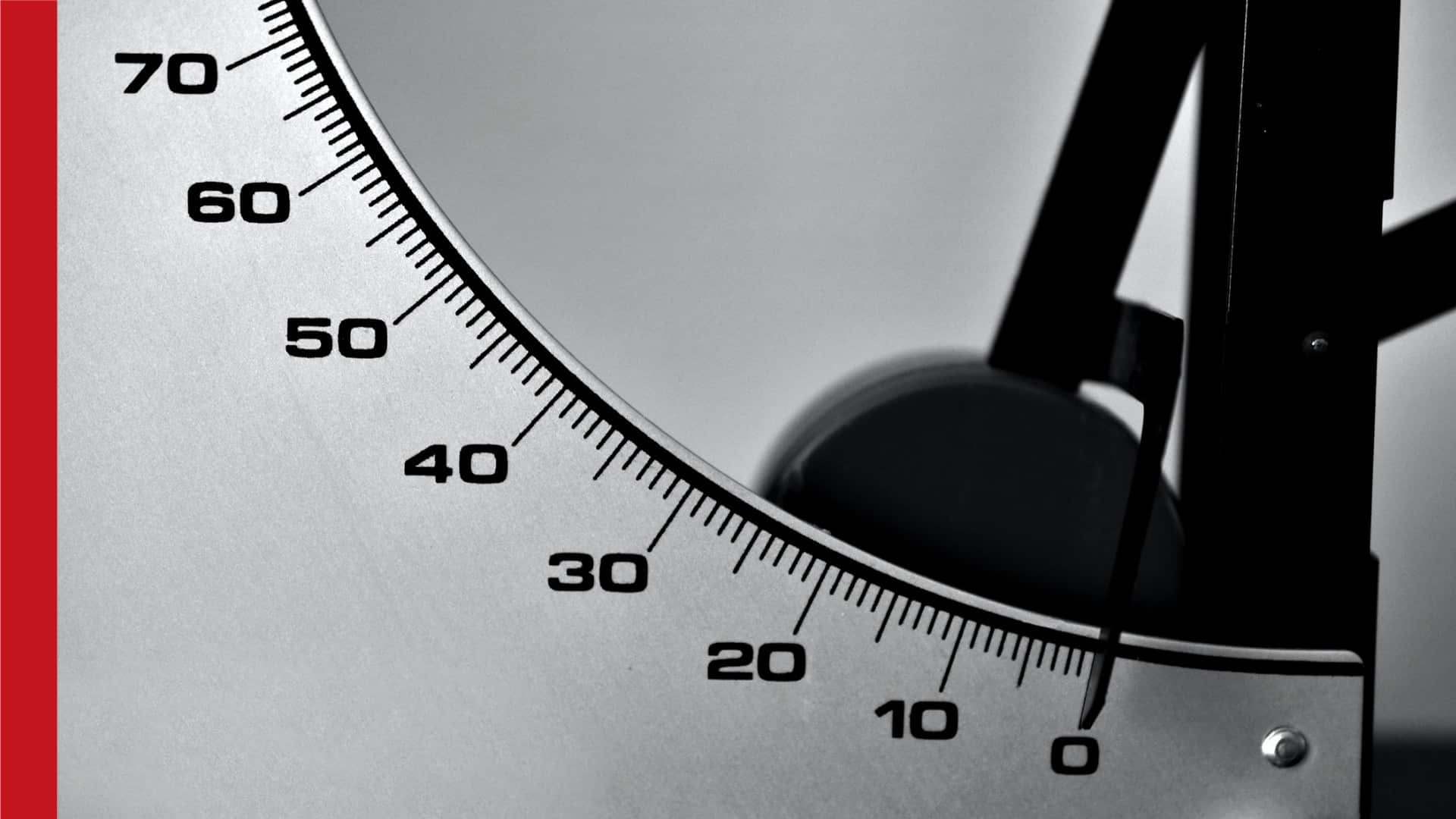As is so often the case with weight gain, the data surrounding the issue is complex. On one hand, excess B vitamin intake has been connected to obesity, and yet on the other, there’s evidence that biotin (which is part of the B vitamin complex) increases metabolism.
So what gives—does biotin put pounds on, or shed them?
Coming up, we’ll discuss the studies related to each of these phenomena to better understand the potential correlation. In the meantime, we should note that biotin has never been proven to directly cause weight gain. Nevertheless, the link between biotin and bodyweight is worth reading up on.
Understanding it will help illuminate why biotin isn’t a cause for concern regarding weight, and why it remains an essential micronutrient you shouldn’t worry about beyond ensuring you’re getting an adequate daily intake.
Your Body On Biotin

Biotin (also known as vitamin B7 and vitamin H) is a water-soluble vitamin best known for its alleged benefits for our hair and nails.
Like most of the B vitamins, the dietary sources with the highest concentration of biotin are animal products, like beef and beef liver, eggs, salmon, and pork. Sunflower seeds, oats, white button mushrooms, wheat germ, and cooked sweet potato are vegan sources of biotin, but they contain less than meat and eggs.
Given vitamin B7’s benefits, you’re likely familiar with biotin supplements marketed based on claims that they boost hair growth and strengthen brittle nails. The jury is still out on whether this micronutrient makes a difference for hair and nails (so far evidence only suggests it makes a difference among people with biotin deficiencies). That said, researchers have firmly established that adequate biotin intake plays a key role in regulating our genes, and is necessary to break down fats, carbs, and proteins from our food.
Luckily, biotin deficiency is typically uncommon. When it does occur, however, the symptoms demonstrate why this vitamin is so important. Symptoms include hair loss, brittle nails, skin rashes, seizures, and neurological problems. Further, biotin’s function in processing fats, carbohydrates, and amino acids means this micronutrient is essential to healthy metabolic processes. This may be why you’ve heard biotin can cause weight gain, yet is also a possible factor in speeding up your metabolism.
Does Biotin Cause Weight Gain?
The short answer is no. There is no scientific evidence that consuming adequate levels of biotin will make you gain weight. Micronutrients don’t have a caloric value, so they can’t impact weight directly.
There’s really only one specific effect biotin has on human biology related to weight. In a 2008 study, diabetic participants who took a combination of chromium picolinate and biotin significantly reduced their fasting glucose levels, demonstrating the nutrient pairing’s efficacy at improving glucose metabolism.
Thus, it seems biotin may increase metabolism, which could lead you to feel hungrier, consume more, and consequently gain weight.
What’s Behind the Biotin Weight Gain Claims?
If you’ve noticed weight gain after upping your biotin intake, it’s important to remember that correlation doesn’t always equal causation. Any number of lifestyle changes and environmental factors can cause weight gain.
Let’s break down some effects of biotin that may prompt some people to blame it for increased bodyweight:
- A recent 2022 study found that a small percentage of self-reported effects of biotin intake included water retention and bloating. This can feel akin to gaining weight, but does not actually mean that your body mass is increasing.
- As mentioned, biotin may speed up metabolism. A 2022 paper noted that (taken with prebiotics) biotin supplementation seemed to improve metabolic rates related to obesity. Given that for some people, an increase in metabolism can also lead to increased appetite, this may be one reason there’s a belief that biotin causes weight gain.
- Because biotin’s effect on metabolism relates to how we process glucose, it may decrease blood sugar levels, leading to cravings. If over-indulged, those cravings may cause you to gain weight. More likely than not, however, biotin’s potential for controlling blood sugar control is probably a net positive for human health, and not a concern for weight gain.
Look Beyond Biotin If You Put on Pounds
Gaining weight without an obvious reason, like a change in diet or exercise, can be stressful. If you’re looking for a culprit, however, the odds of biotin causing you to gain any significant amount of weight are slim to none.
Even the studies which found a possible connection between biotin and a revved-up metabolism did so only by combining biotin with other supplements and treating niche groups of study participants who were dealing with specific health issues.
The usual culprits for weight gain are a lack of exercise, a diet high in sugar and processed foods, overeating, stress, or an untreated medical issue like hypothyroidism.
Bottom line: biotin is essential for many bodily functions, and getting your daily allowance is far more productive than worrying whether it impacts the number on your scale.
